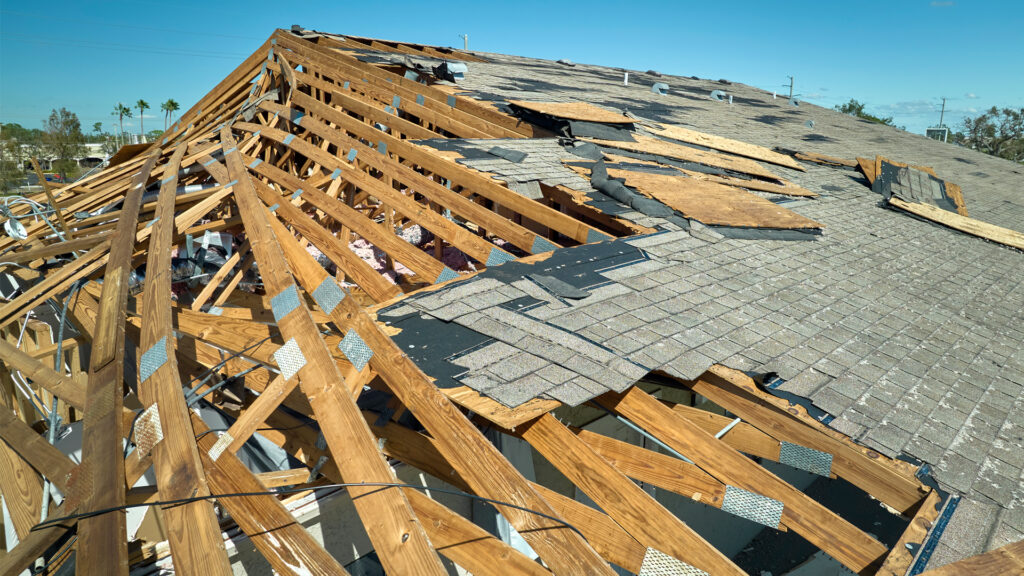By Jeff Brandes, Florida Policy Project
Florida should embark on a mission to transform the Tampa Bay region into the Silicon Valley of property insurance, aiming to leverage the state’s friendly business climate and lifestyle to attract top insurance market thinkers and organizations, thus igniting innovation in a climate-aware and high-tech industry.

Florida has been challenged to develop home-grown insurance solutions since 1992′s devastating Hurricane Andrew and, more recently, the 2012 Biggert-Waters Act’s remaking of federal flood insurance. Tampa Bay is already a key player in this arena, boasting a burgeoning cluster of insurance organizations. These pioneers are driving progress by applying technology and new ideas in catastrophe modeling, flood mapping, AI-enabled underwriting, actuarial science and innovative reinsurance and financing arrangements, such as catastrophe bonds. In a state that is ground zero for climate adaptation, nothing less will do.
To add to the pressure, Florida has the distinctive challenge of high rates of litigation in homeowners’ insurance claims. Imaginative and robust solutions must, therefore, consider behavioral incentives as much as scientific factors.
Global investors and reinsurers, who ultimately shoulder most of Florida’s storm risk, know the stakes. Florida represents 25% of their worldwide insured catastrophe risk and is the planet’s “peak zone” for such losses, alongside Japan. Florida has a well-known state-backed reinsurer, state-run insurance company, and even its own commission to evaluate hurricane simulation models, so no state is more invested in solutions. The Legislature and governor have implemented additional legal reforms and state investments. So, how do we take the next steps in cultivating a sustainable insurance ecosystem?
One anchor would be to relocate Citizens Property Insurance Corp. to Tampa Bay. With 1.3 million policies and public governance, it is one of Florida’s largest and most accountable insurers, positioning it ideally to bolster the region’s status as an insurance Center of Excellence. At the core of a thriving insurance cluster, Citizens could better foster innovation and improve outcomes for Florida’s 7.5 million residential policyholders.

Secondly, establishing a satellite branch of the Office of Insurance Regulation in Tampa Bay would further support this transformation. Enhanced regulatory relationships in the region could improve industry best practices for consumer benefit, ensuring a stable and forward-thinking insurance market. This public-private nexus would also invigorate economic growth in Tampa Bay, generating fresh employment opportunities and attracting investments, boosting the region’s economic stature.
Finally, nurturing collaboration between academia and the insurance industry fuels innovation. Partnerships between Tampa Bay’s academic institutions and insurance companies should concentrate on developing the next generation of industry-specific technology and products. The Tampa Bay insurance cluster, embedded with academia, also trains a skilled workforce. Local universities would play a pivotal role in educating professionals adept in the latest insurance technologies and practices.
The ambitious project to transform Tampa Bay into a Silicon Valley of property insurance would shape the future of the Florida insurance industry as a global source of know-how, technology and capital. Positioning Tampa Bay as a leader in property insurance will pay dividends for Florida’s economy and underscores Florida’s unique place in the national and global insurance market.
Jeff Brandes is a former Florida state senator and the founder of the Florida Policy Project (FPP), a nonprofit, non-partisan organization focused on implementing best practices in transportation, criminal justice, housing and property insurance. Discover more about FPP initiatives at floridapolicyproject.com.
This opinion piece was originally published by the Tampa Bay Times, which is a media partner of The Invading Sea. If you are interested in submitting an opinion piece to The Invading Sea, email Editor Nathan Crabbe at ncrabbe@fau.edu. Sign up for The Invading Sea newsletter by visiting here.



